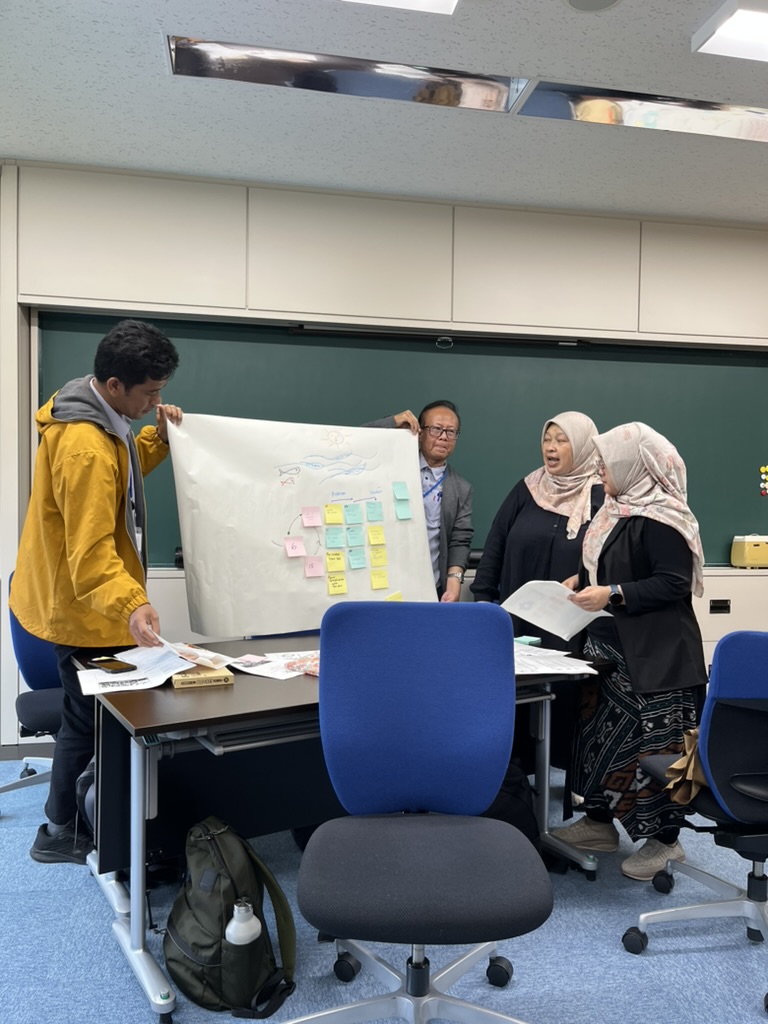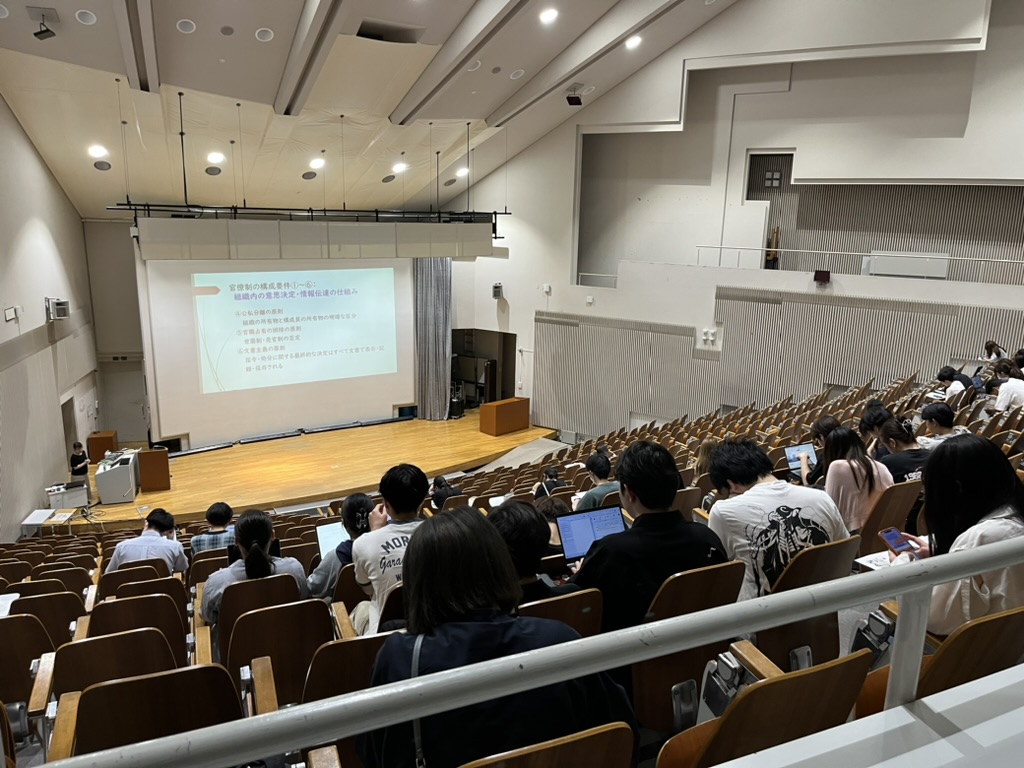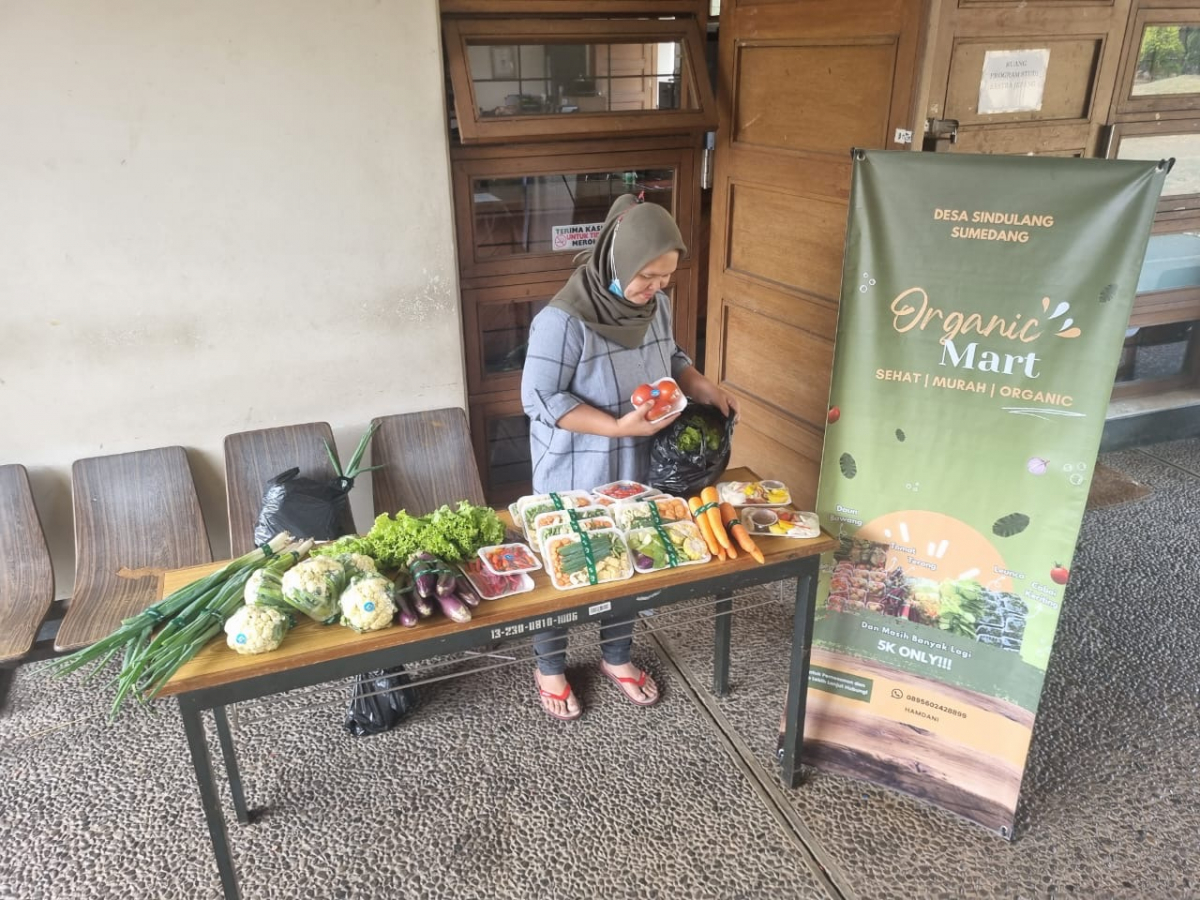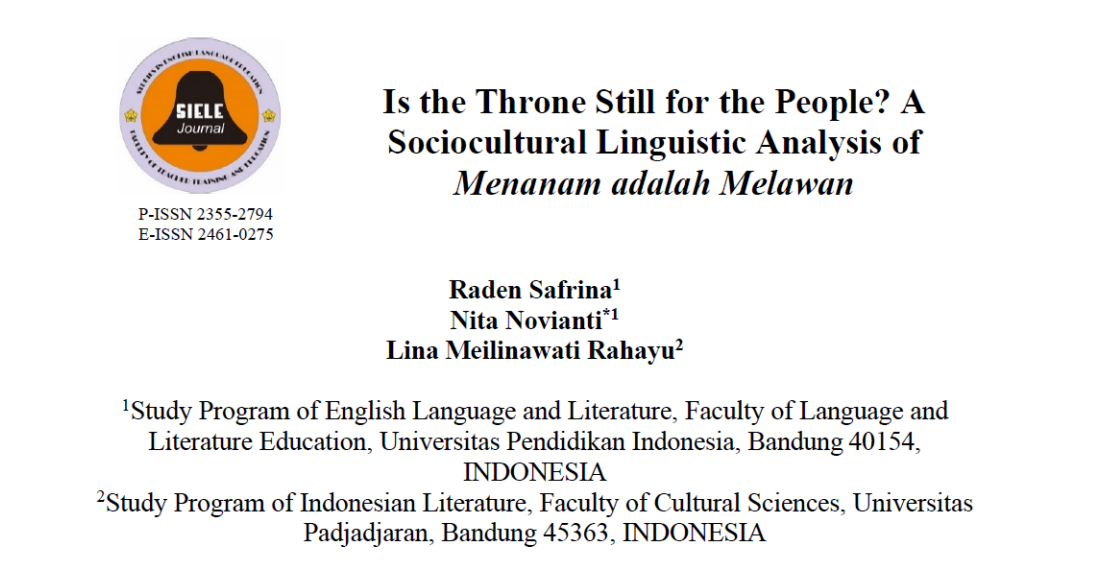
FIB Unpad Publishes SDGs Report 2024–2025, Reinforcing Contribution to QS WUR Sustainability
The Faculty of Cultural Sciences (FIB) Universitas Padjadjaran has officially released its Sustainable Development Goals (SDGs) Report covering the period from September 2024 to September 2025. The report highlights FIB’s comprehensive initiatives in research, community service, academic development, international collaboration, and green campus practices, all of which contribute to Universitas Padjadjaran’s rising performance in the QS World University Rankings (WUR) Sustainability.
Key Achievements
International Collaboration and Best Practices
Three lecturers — Hilman Fauzia Khoeruman, S.S., M.Phil., Dr. Taufik Ampera, M.Hum., and Rahmat Sopian, Ph.D. — participated in collaborative SDG programs with Kitakyushu University and JICA Japan, including beach clean-ups in Kyushu and waste-sorting walks in Bandung’s Tahura forest.
These activities allowed FIB to learn and adapt best practices in sustainability, combining global knowledge with local action.
Cross-Sectoral Dialogue
On May 23, 2025, FIB Unpad joined a cross-sectoral dialogue at the SDGs Center Kitakyushu, Japan.
Hilman Fauzia Khoeruman presented SDG-related academic data from FIB, connecting it to Unpad’s global standing in QS WUR Sustainability.
Prof. Miyake of Kitakyushu University stated: “Academics and research are the foundation for advancing every single SDG.”
Community Engagement and NGO Collaboration
Students carried out clean-up initiatives inspired by global and local traditions — Kirei-kirei (Japan), Subotnik (Russia), and Sebersih (Sundanese) — in collaboration with NGOs, local farmer groups, and elementary schools in Jatinangor.
Local farmer Pak Asep commented: “Since our harvests are allowed to be marketed on the FIB campus, we feel responsible to also care for its environment. This activity strengthens our bond with the faculty and the students.”
Faculty-Led Community Service (PKM Dosen)
FIB Unpad lecturers implemented 32 PKM programs across Sumedang (Jatinangor, Rancakalong, Cimanggung, Sumedang Selatan), representing four development models:
- Social-Economic Development
- Cultural Tourism Village
- Pesantren-Based Social-Economic Development
- Cultural Literacy Village
Examples include:
- “Pemberdayaan Masyarakat dalam Memulihkan dan Menjaga DAS Sungai Cikeruh” – Prof. Kunto Sofianto, Ph.D.
- “Revitalization of Sundanese Arts for Sustainable Tourism in Jatiroke” – Dr. Teddi Muhtadin, M.Hum.
- “Halal Lifestyle Literacy in Hegarmanah Village” – Dr. Tb. Ace Fahrullah, M.Ag.
- “Digital Literacy for Child-Friendly Villages in Citengah” – Prof. Dr. Cece Sobarna, M.Hum.
- “Utilization of Local Agricultural Products for Tsukemono in Sindulang” – Dr. Riza Lupi Ardiati, M.Hum.
- “Online Business and Branding for MSMEs in Margamekar” – Dr. Trisna Gumilar, M.A.
Notably, the PKM project led by Dr. Rasus Budhyono, M.Hum. developed the Nagarawangi Coffee Center, resulting in the launch of pakopian.com, a multilingual platform (Indonesian, English, Russian, Japanese) for global coffee marketing.
Academic SDG Literacy
On August 13, 2025, FIB hosted a public lecture on SDGs with Bokhtar Bokozoda from JICA Kyushu Center, where students enthusiastically participated and engaged in multilingual dialogue (Russian, Japanese, English).
Green Campus Initiatives
As part of its key SDGs performance, FIB Unpad has also introduced a series of green campus initiatives to promote sustainable practices on campus, including:
- Plastic and paper waste reduction programs
- Organic waste management
- Encouraging students and staff to use reusable tumblers
- Establishment of a “Second Chance Store” for secondhand items
- Development of Poeta Coffee as a sustainable campus café initiative
- Carpooling programs to reduce emissions
- Water-saving campaigns across faculty facilities
- Energy efficiency measures in classrooms and offices
These efforts demonstrate FIB Unpad’s integrated approach, ensuring that sustainability is not only practiced in external community programs but also embedded within the daily operations of the faculty.
Strategic Impact on QS WUR Sustainability
All PKM program titles, international collaborations, and green campus initiatives have been carefully designed to reflect the achievement of multiple SDGs, including:
- SDG 4 (Quality Education) – through cultural and digital literacy initiatives.
- SDG 8 (Decent Work and Economic Growth) – via MSME development and coffee entrepreneurship.
- SDG 11 (Sustainable Cities and Communities) – through tourism and heritage-based community empowerment.
- SDG 12 (Responsible Consumption and Production) – with local product diversification, waste management, and secondhand store initiatives.
- SDG 13 (Climate Action) – with river basin rehabilitation, carpooling, and campus waste reduction programs.
In her statement, Dean of FIB Unpad, Prof. Aquarini Priyatna, underlined the faculty’s commitment:
“Our SDGs Report demonstrates that academic excellence and social responsibility must go hand in hand. Every PKM program title and initiative reflects not only FIB’s contribution to community development but also our alignment with the global SDG agenda. These achievements strengthen Unpad’s visibility in the QS WUR Sustainability ranking and show that culture, education, and sustainability are inseparable in shaping the future.”
Red. Hilman Fauzia Khoeruman




